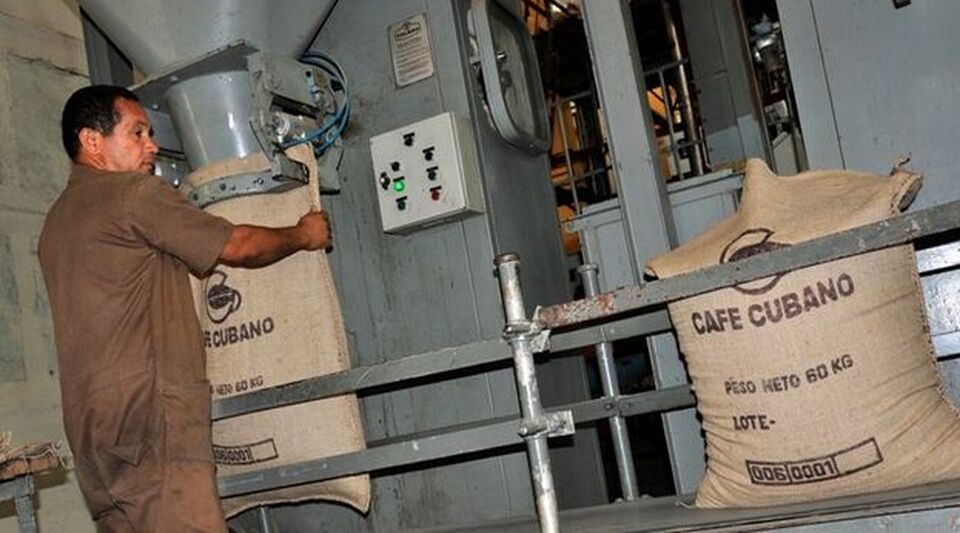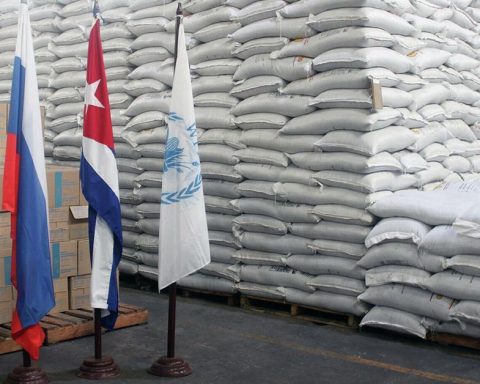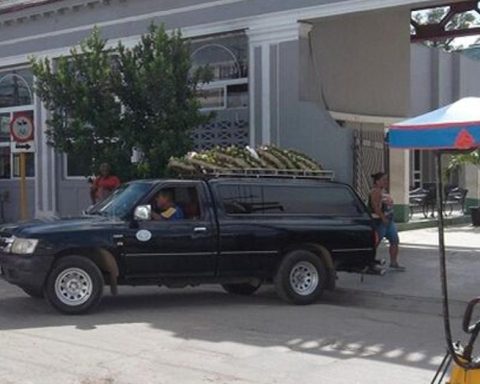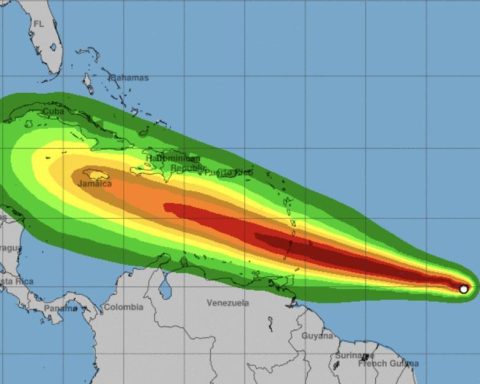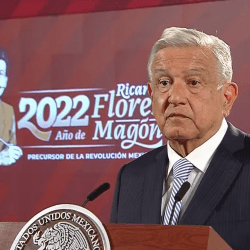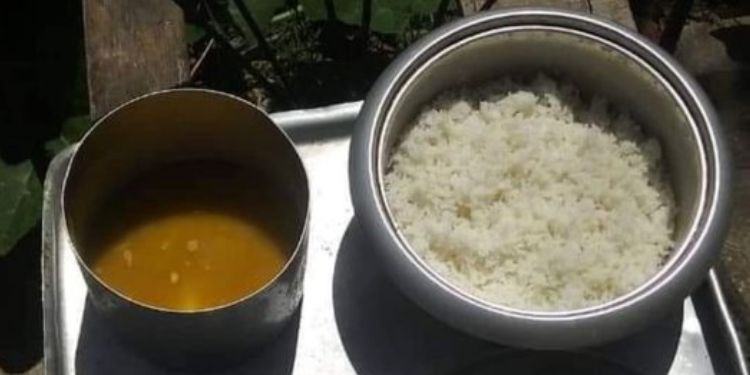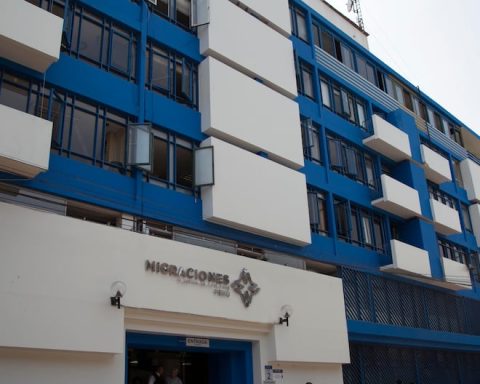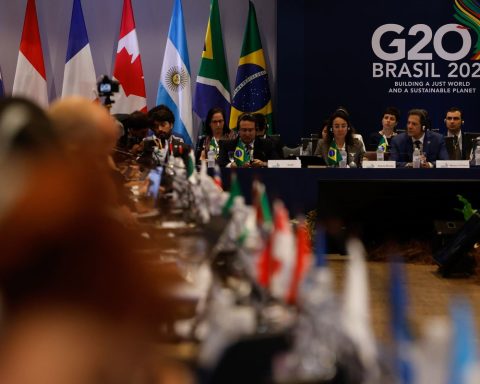The coffee processing companies in Cuba have to juggle to survive. A report is devoted to this. Cubadebate this Wednesdayin which he assures that “the substantial increase in the purchase price” of the product has generated losses in that link in the production chain of what was one of the island’s star products.
“In order to collect all the grain, the State raised the purchase price for producers, without taking into account the value chain of coffee, which requires a treatment process,” Carlos Espinosa Piedra, director of the Luis Bocourt Coffee Processing Company, from Artemisa, who illustrates the debacle that occurred last year: “In 2021 we bought a ton of Arabica coffee at 149,000 pesos and sold it at 71,939; that of robusta at more than 83,000, and we received 46,200 for its sale. Due to the notable difference in prices in the purchase and sale, last year’s losses amounted to more than nine million pesos”.
Therefore, explains Espinosa Piedra, they could not “apply monetary incentives to workers or distribute profits at the end of each quarter.” For them, they had planned an average salary of 3,900 pesos and it was finally 3,270.
The report informs that the Ministry of Finance and Prices approved subsidies for the island’s processors for a total of 419 million pesos
Despite having been more efficient, says the note, the same thing happened at the Eladio Machín processor, in Cienfuegos, and at the Asdrúbal López, in Guantánamo. In the latter, according to its director, Rolando Martell, the losses amounted to more than 186 million pesos.
To this state, quote Cubadebate Martell,” was distinguished by solidity, supported by productive and economic results that reflected audits and criteria of financial institutions,” but “what deteriorated its indicators was the incongruous difference between the purchase prices of raw materials and those of sale of benefited and processed coffee beans”.
The report reports that the Ministry of Finance and Prices approved subsidies for the island’s processors for a total of 419 million pesos. However, according to Elexis Legrá Calderín, an official from the Ministry of Agriculture, “companies will continue with losses due to the difference in coffee prices, which limits the application of wage incentives, differentiated payments or distribution of profits.”
The government’s strategy, says Legrá, “lies in promoting diversification and increasing exports, to obtain more income.” In effect, this consists of exporting good quality coffee and importing a much inferior product for domestic consumption.
In the meantime, Cubadebate breaks down the diversification of tasks to which coffee processors are forced, such as making charcoal or selling yaguas, rice and mameyes.
In an unusual critical tone in the official press, the report recalls at the end that Angerona, in Artemisa, “became the largest coffee plantation in the country”
One of these more picturesque alternative tasks is the collection of palm nuts to send it to the National Center for Scientific Research, where Palmex is made, a nutritional supplement that they describe as “promising” and “very effective in relieving the symptoms of benign prostatic hyperplasia.”
In a critical tone unusual in the official press, the report finally recalls that Angerona, in Artemisa, “became the largest coffee plantation in the country, and Cuba, the world’s leading exporter at the beginning of the 19th century. However, producing 62,000 tons annually in the 1960s, it went on to collect just 6,000 and import 8,000 annually to guarantee the supply to family nuclei”.
To “revert this situation”, they do not ask for a change in the system but only “put an endless number of ideas into each cup of coffee”.
________________________
Collaborate with our work:
The team of 14ymedio is committed to doing serious journalism that reflects the reality of deep Cuba. Thank you for joining us on this long road. We invite you to continue supporting us, but this time becoming a member of our newspaper. Together we can continue transforming journalism in Cuba.
